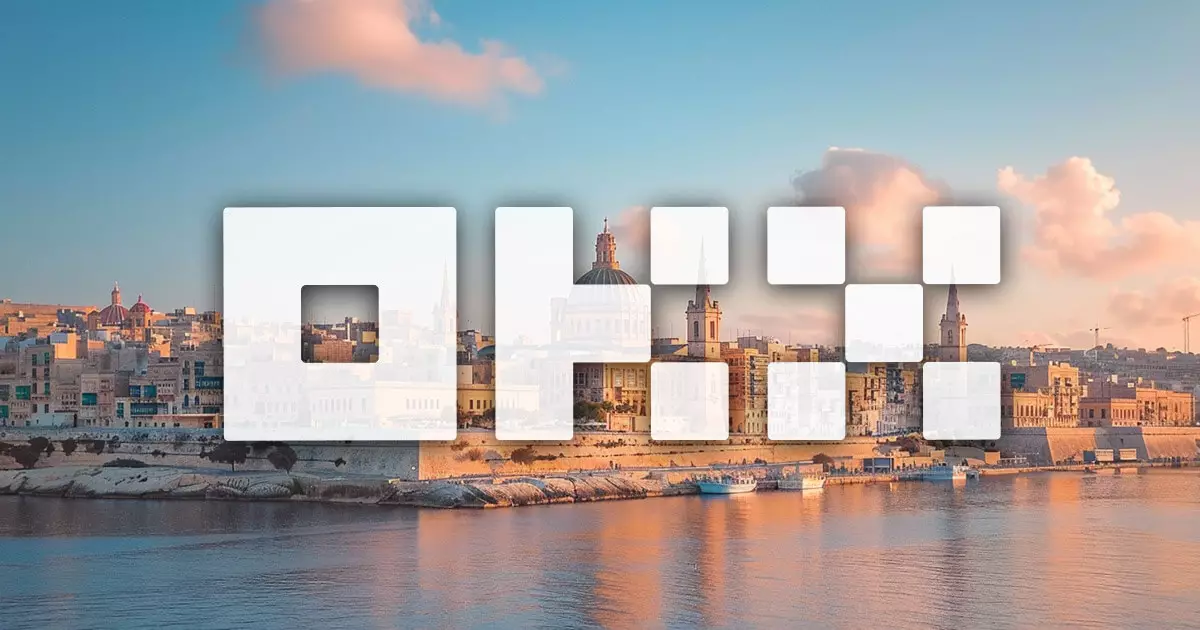OKX, a prominent crypto exchange, recently announced its decision to choose Malta as its Market in Crypto-Assets (MiCA) hub. This strategic move aims to cater to the 450 million residents of the European Union. By selecting Malta, OKX is positioning itself to provide services in adherence to local regulations, while also ensuring seamless deposit and withdrawal connectivity to local bank accounts.
Reasons for Choosing Malta
OKX cited several reasons for selecting Malta as its MiCA hub. Firstly, the country is renowned for its high regulatory standards, particularly in the realm of blockchain technology. This regulatory robustness makes Malta an attractive base for OKX to expand its offerings into the European market. Another compelling factor that influenced OKX’s decision was the strong infrastructure and local team it has cultivated in Malta since 2018. The establishment of Okcoin Europe Ltd as a licensed Class 4 Virtual Financial Assets Service Provider by the Malta Financial Services Authority in 2021 further solidifies OKX’s regulatory groundwork in the region.
Impact of MiCA Regulation
The MiCA regulation, formulated by the European Union, is already leaving a significant mark on crypto operations in Europe. This regulatory framework aims to standardize crypto regulations across EU member states. Last year, the European Parliament approved MiCA, and the rules are currently being implemented in multiple phases. The initial phase, which targets stablecoins, went into effect on June 30. The subsequent phases are set to follow, with Circle, the issuer of USDC, becoming the first global stablecoin firm to comply with MiCA on July 1. Moreover, the Cardano blockchain has released its sustainability metrics to ensure alignment with the European MiCA regulations.
OKX’s selection of Malta as its MiCA hub signifies a strategic move to tap into the vast European market while adhering to stringent regulatory standards. The impact of the MiCA regulation is already being felt across the crypto landscape in Europe, with firms like Circle and Cardano taking proactive steps to comply with the new regulations. Malta’s role as a hub for crypto assets continues to grow, positioning the country as a key player in the evolving regulatory landscape of the digital asset industry.














